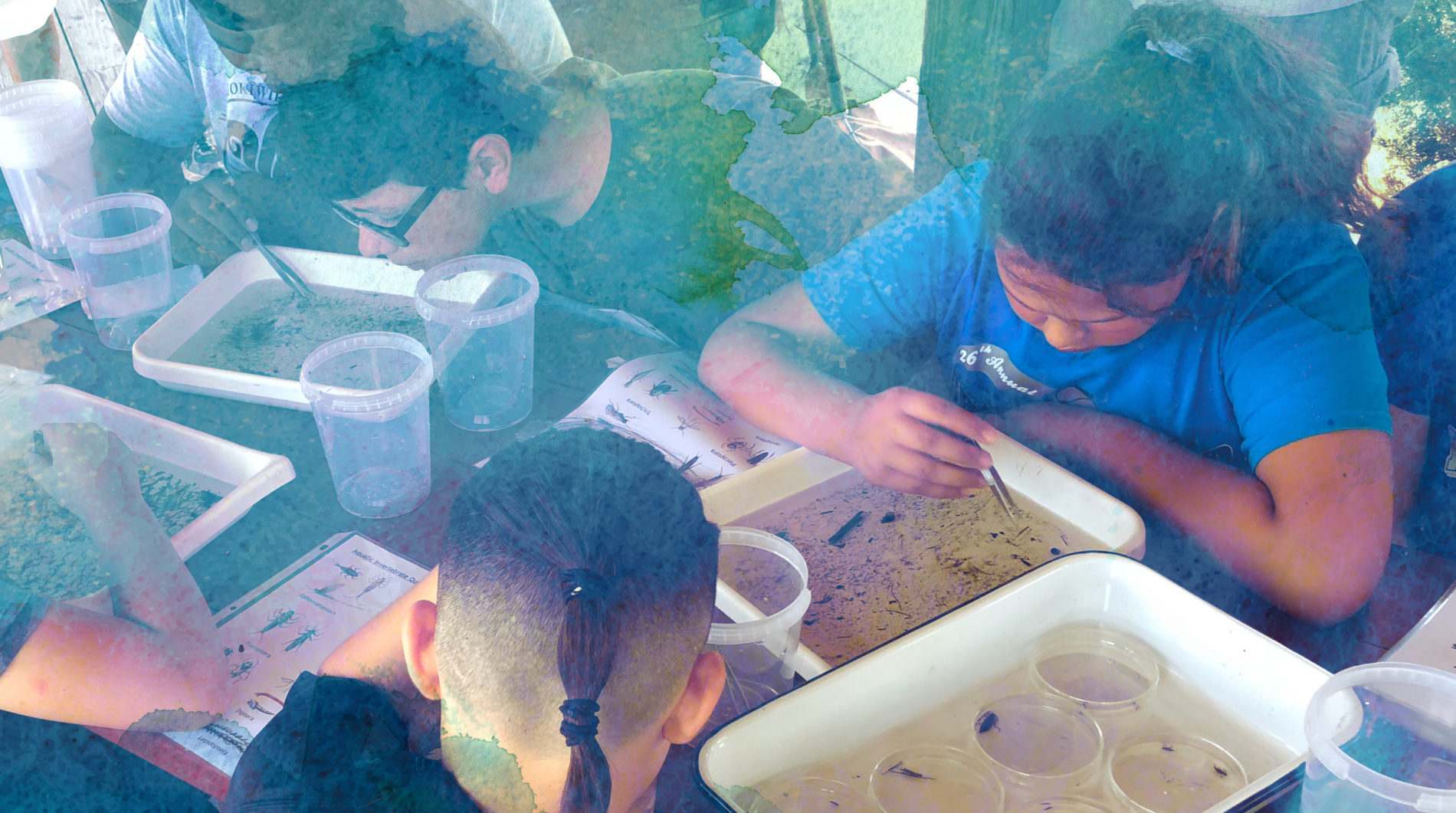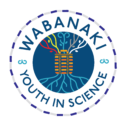“This program combines two worlds in a way that, we hope, helps students understand that a science degree doesn’t mean giving up on their cherished culture and traditions.” He notes that reverence for the land — and minimal intervention — are key to many Native American attitudes, which may conflict with scientific notions.
– John Banks, director of the Department of Natural Resources for the Penobscot Nation

